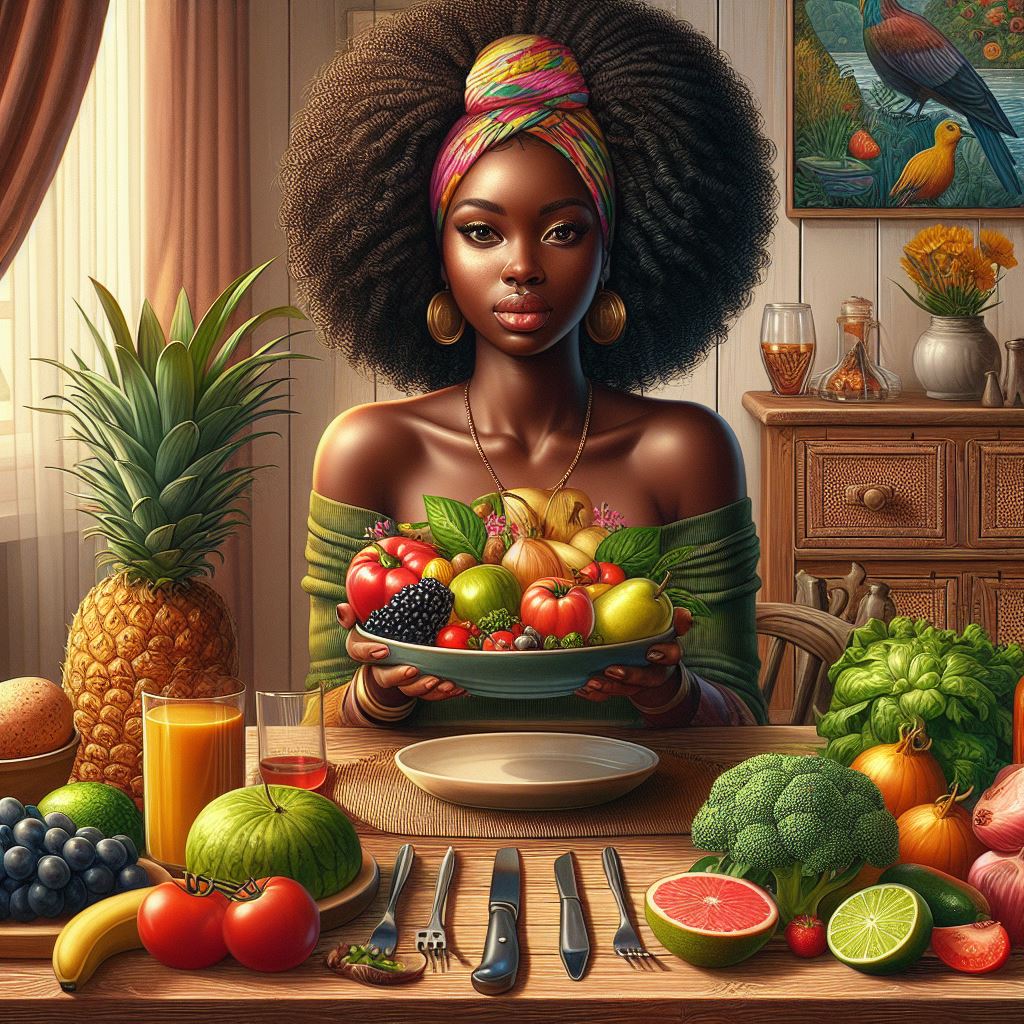
Are you curious about the world of plant-based eating? Do you know the difference between vegetarians and vegans? Let’s dive in and explore the benefits and lifestyles of these two growing communities!
Vegetarians
Vegetarians are individuals who choose to exclude meat, fish, and poultry from their diet. There are several types of vegetarian diets:

– Lacto-ovo-vegetarian: This diet excludes meat, fish, and poultry but allows dairy products and eggs.
– Lacto-vegetarian: This diet excludes meat, fish, poultry, and eggs but allows dairy products.
– Ovo-vegetarian: This diet excludes meat, fish, poultry, and dairy products but allows eggs.
– Pescetarian: This diet excludes meat and poultry but allows fish and seafood.
Vegans
Vegans, on the other hand, are individuals who exclude all animal products from their diet and lifestyle. This means:
– No meat, fish, poultry, dairy products, eggs, or honey
– No products made from animals, like leather, fur, or silk
– No products tested on animals, like cosmetics or cleaning products
Benefits of Plant-Based Eating
Both vegetarians and vegans enjoy numerous health benefits, including:
– Lower risk of heart disease and stroke
– Lower risk of certain cancers
– Lower risk of type 2 diabetes
– Lower body mass index (BMI)
– Improved gut health and digestion
Lifestyle Choices
Plant-based eating is not just a diet; it’s a lifestyle choice. Many vegetarians and vegans choose this path for:
– Animal welfare and rights
– Environmental concerns (animal agriculture is a significant contributor to greenhouse gas emissions)
– Personal health and wellness
– Cultural or religious beliefs
Whether you’re a seasoned vegetarian or vegan or just starting to explore plant-based eating, remember that every choice counts. By incorporating more plants into your diet and lifestyle, you’re contributing to a healthier, more sustainable world.
Here are some types of food for vegetarians and vegans
Vegan Diet:
– Fruits and vegetables
– Legumes (peas, beans, lentils)
– Nuts and seeds
– Breads, rice, and pasta
– Vegetable oils
– Tofu (bean curd)
– Seitan (wheat gluten)
– Tempeh (fermented soy)
– Vegan meats (made from vegan protein sources)
Vegetarian Diet:
– Fruits and vegetables
– Legumes (peas, beans, lentils)
– Nuts and seeds
– Breads, rice, and pasta
– Vegetable oils
– Dairy products (cheese, milk, yogurt)
– Eggs
Additional Options:
– Whole grains (quinoa, oats)
– Soy foods (tofu, tempeh)
– High-fat fruits (avocados, olives)
– Low-sugar fruits (berries, watermelon, cantaloupe)
– Vegan protein supplements (made from legumes like soy and peas)

No Comments